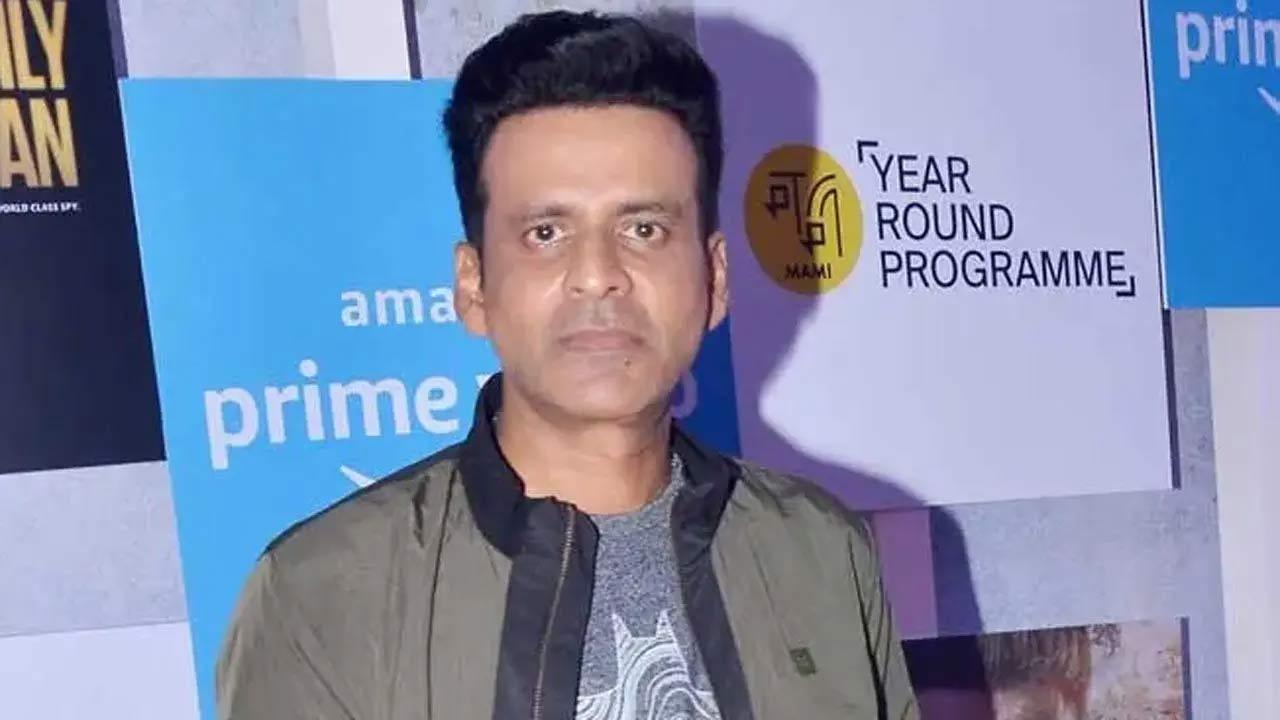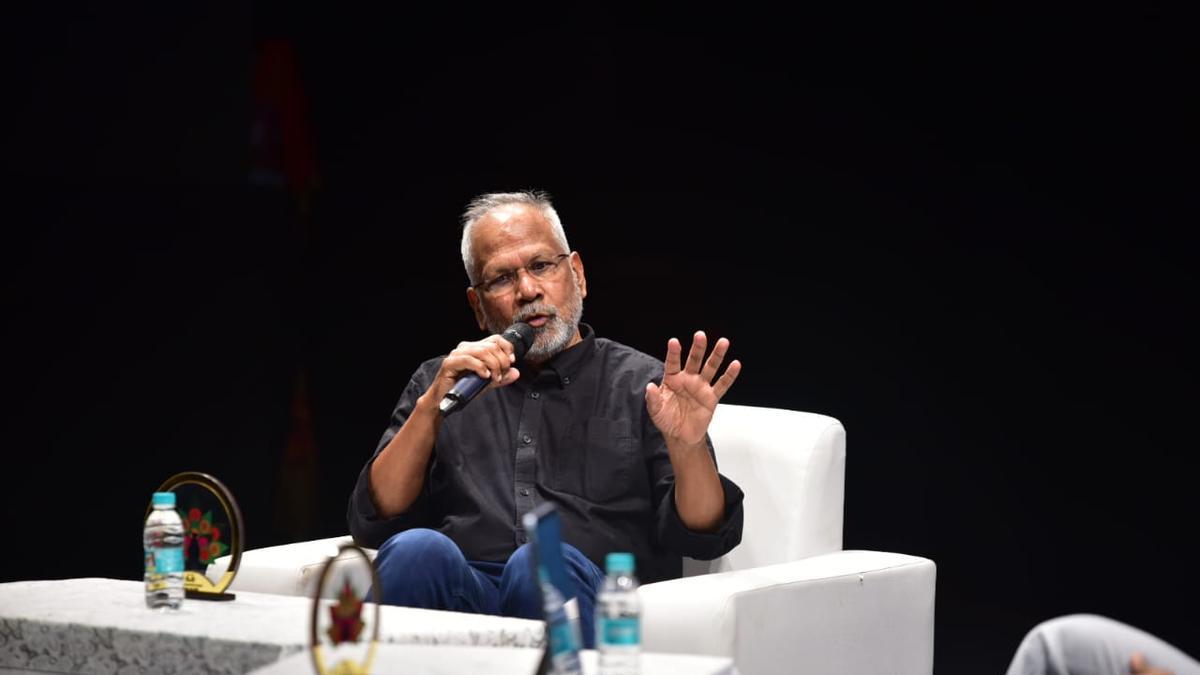
New Delhi: The long-anticipated release of Kangana Ranaut’s latest film, ‘Emergency,’ has been hit with a massive setback. Initially set for release on September 6, the movie now faces an indefinite delay due to a combination of ongoing controversies and severe threats that have raised significant concerns. The trailer for the film, which centers on the events surrounding the political turmoil during India’s Emergency period in 1975, was released on August 14 and quickly came under fire from various quarters for its depiction of sensitive historical events.
Public unrest escalated when the Gurdwara Committee called for an immediate ban on the film, accusing it of hurting the sentiments of the Sikh community. The movie portrays pivotal moments involving late Prime Minister Indira Gandhi, Jarnail Singh Bhindranwale, and the Punjab riots, topics that remain deeply sensitive and controversial in Indian history.
In response to the uproar, the film’s release has been postponed pending the Central Board of Film Certification’s (CBFC) evaluation. Despite initial clearance, the certification process has been substantially delayed, exacerbating tensions surrounding the film’s content. Kangana Ranaut took to social media platform X to address the public, explaining that the delay arose from threats directed at CBFC members. “There have been rumors circulating that my film Emergency has been certified by the Censor Board. This is not true,” she clarified in a video posted on her official account. She stressed that threats to members of the CBFC have been a significant factor in the hold-up, affecting final approval for the film.
CBFC’s delayed approval has put the spotlight back on the Board, which has faced similar challenges earlier this year. Critics argue that the organization’s current actions may conflict with the Cinematograph Act of 1952 and other associated regulations. Notably, this is not an isolated incident; the CBFC has been experiencing scrutiny over its certification processes, with critics calling for reforms to improve transparency and efficiency.
Ranaut further discussed the implications of these threats, stating that they have necessitated a careful reconsideration of how sensitive historical events are portrayed. The film’s depiction of the assassination of Indira Gandhi, among other contentious topics, is under the microscope. Reconciling these scenes while remaining faithful to historical events is fraught with potential pitfalls, raising significant challenges for the filmmakers.
.
The delay has also sparked broader debates on creative freedom versus social sensitivity. While some defend ‘Emergency’ as a necessary artistic exploration of India’s past, others view it as a provocative piece that reopens old wounds. Legal experts have commented that the threats and resulting delay undermine free speech and creative expression. Conversely, others believe that the film’s portrayal must be handled with the utmost sensitivity given the charged nature of the subject matter.
The public reaction has been mixed, with some supporting the Gurdwara Committee’s stance while others criticize it as an over-reaction that stifles artistic freedom. Social media has become a battleground for these opposing views, with hashtags related to the film trending intermittently over the past few weeks.
This issue has ripple effects beyond ‘Emergency.’ The CBFC’s inefficiencies and susceptibility to external pressures have prompted calls for legislative reevaluation. The delay highlights systemic issues within the film certification process, drawing attention from filmmakers and industry stakeholders who argue for greater independence and less politicization of the Board.
In the interim, ‘Emergency’ remains in limbo. The setback has not just been limited to India; international interest in the film has surged, spurred by the controversy. The film’s postponement has also affected promotional strategies, with the producers grappling to manage both public relations and logistical aspects.
As the world waits for the CBFC’s final verdict, the controversy surrounding ‘Emergency’ underscores the complex interplay between creative expression and societal sensitivities. For now, supporters and detractors alike can only speculate on the film’s ultimate fate and the broader implications for the Indian film industry.
Ranaut’s previous works have often courted controversy, but the stakes surrounding ‘Emergency’ are unusually high. The outcome of this ongoing situation could set precedents for how historical narratives are portrayed in Indian cinema, impacting not just current projects but also future cinematic representations of sensitive topics.










